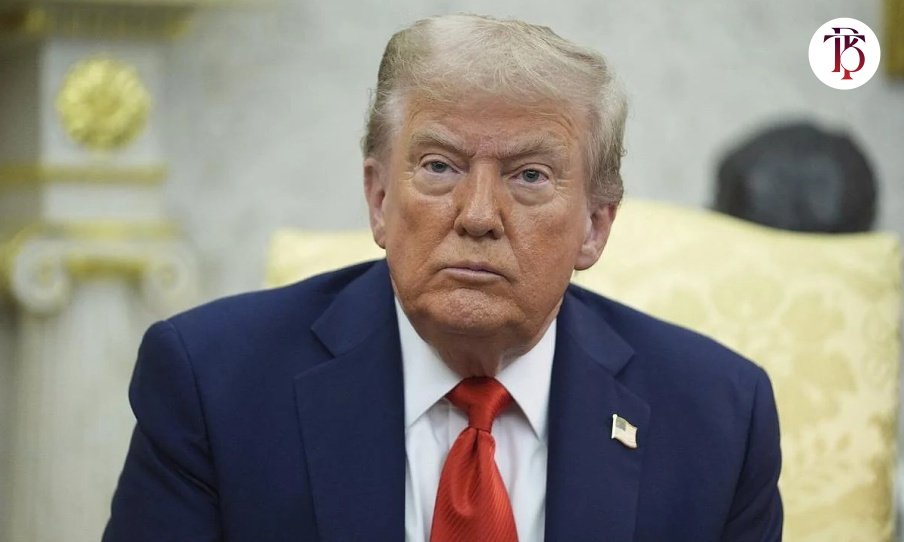Tech Leaders Cheer Trump’s Business-First Agenda at White House Dinner

President Trump and First Lady Melania hosted a dinner on September 4, 2025, bringing together two dozen top technology leaders, including Mark Zuckerberg of Meta, Tim Cook of Apple, Bill Gates, Sam Altman from OpenAI, and Sundar Pichai and Sergey Brin from Google. The gathering focused on Trump business agenda, which drew praise from all attendees. Sam Altman described it as a very refreshing change and expressed excitement about how this leadership could benefit both the companies and the nation. Many tech executives emphasized their support, making it clear that Tech leaders support Trump.
The dinner highlighted major investment pledges. Tim Cook praised the administration’s tone that encouraged domestic manufacturing and announced a commitment of $500 billion, later reported by other sources as $600 billion, to expand Apple’s U.S. operations. Bill Gates, seated beside the First Lady, discussed efforts to combat polio, HIV, and sickle-cell disease, emphasizing the potential for U.S. innovation to elevate global disease-fighting strategies. This showcased Trump pro-innovation policies in action and how Trump’s business agenda drives substantial industry commitments.
AI, Education, and CEO Coordination
Tech executives showed strong support for First Lady Melania’s AI education initiative. Sundar Pichai endorsed a plan that allocates $1 billion over three years for AI education programs. Sam Altman introduced a platform aiming to train 10 million Americans in AI skills by 2030. Microsoft CEO Satya Nadella committed $4 billion to provide AI-powered services for U.S. schools. These efforts illustrated the technology sector’s willingness to partner with the government in advancing educational initiatives and workforce development, reflecting Trump innovation policies and economic growth and Tech leaders reaction to Trump’s economic policies.
Antitrust Relief and Political Bolstering
During the White House dinner Trump, Trump took a moment to recognize a favorable antitrust ruling for Google, noting that a judge had declined to force the company to divest Chrome or Android. Trump described the outcome as a very good day, while Pichai responded that he was glad the matter had been resolved. Sergey Brin commended Trump pro-innovation policies and his position on Venezuela, noting a marked improvement in relations between tech leaders and the administration compared with previous years. Observers noted how Trump’s business-first agenda impacts tech industry directly through these legal and policy decisions.
Musk’s Noticeable Absence
Elon Musk’s absence was notable. He explained that he could not attend and sent a representative in his place, signaling prior friction with the president. Trump acknowledged Musk’s brilliance, calling him 80 percent super-genius, while noting there were some issues to be addressed. The absence did not diminish the overall positive sentiment toward Trump business agenda or Tech leaders support Trump.
From Rose Garden to Dining Room
The dinner had originally been scheduled for the newly renovated Rose Garden, but rain prompted a move indoors to the State Dining Room. Despite the change in location, the event reflected a gathering akin to a tech cabinet, underscoring the administration’s eagerness to coordinate with Silicon Valley on AI, infrastructure, and innovation initiatives. The evening reinforced how Trump’s business-first agenda impacts tech industry and demonstrated Trump innovation policies and economic growth.
The evening marked a significant moment in U.S. technology policy, demonstrating both leadership and collaboration between government and industry, a clear reflection of Trump business agenda, Tech leaders support Trump, White House dinner Trump, and Trump pro-innovation policies.
